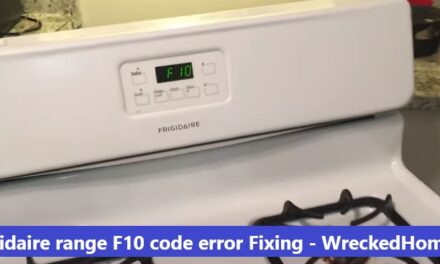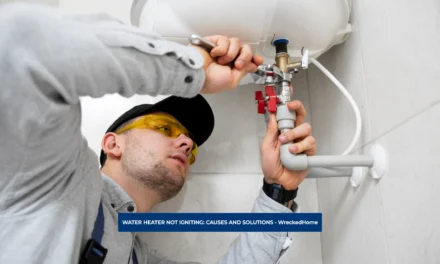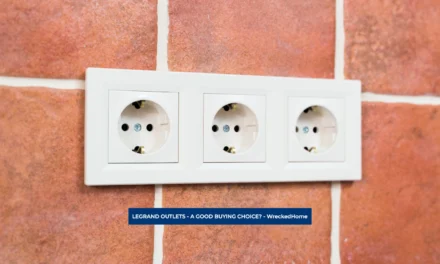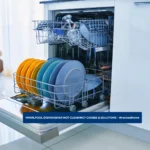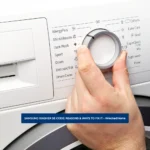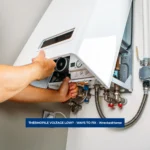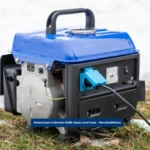Introduction
Instant hot or instahot water heaters are also known as tankless water heaters. They have been a game changer in the market due to many reasons. The most significant reason is that they require way less space then a conventional water heater and heat water instantaneously!
However, while choosing a water heater there are many factors you need to consider to get the best one for your home. In this article, we have listed all the factors that you need to consider before making the right purchase. Hopefully this guide will help you make a well informed decision that suit your requirements.
- What Are Instahot Water Heaters?
- How Do Instahot Water Heaters Work?
- Factors to Consider When Buying an Instahot Water Heater
- Efficiency and Energy Savings With Instahot Water Heaters
- Installation and Maintenance
- Additional Features and Technology In Instant Water Heaters
- Budget and Cost
- Popular Brands and Models
- Conclusion
- Frequently Asked Questions FAQS
What Are Instahot Water Heaters?
Instant hot water heaters, also known as tankless or on-demand water heaters are electronic appliances that provide hot water. They don’t require any storage tanks as water is instantly heated via thermal conductivity. These features are why most buyers prefer them rather than the conventional type.
How Do Instahot Water Heaters Work?
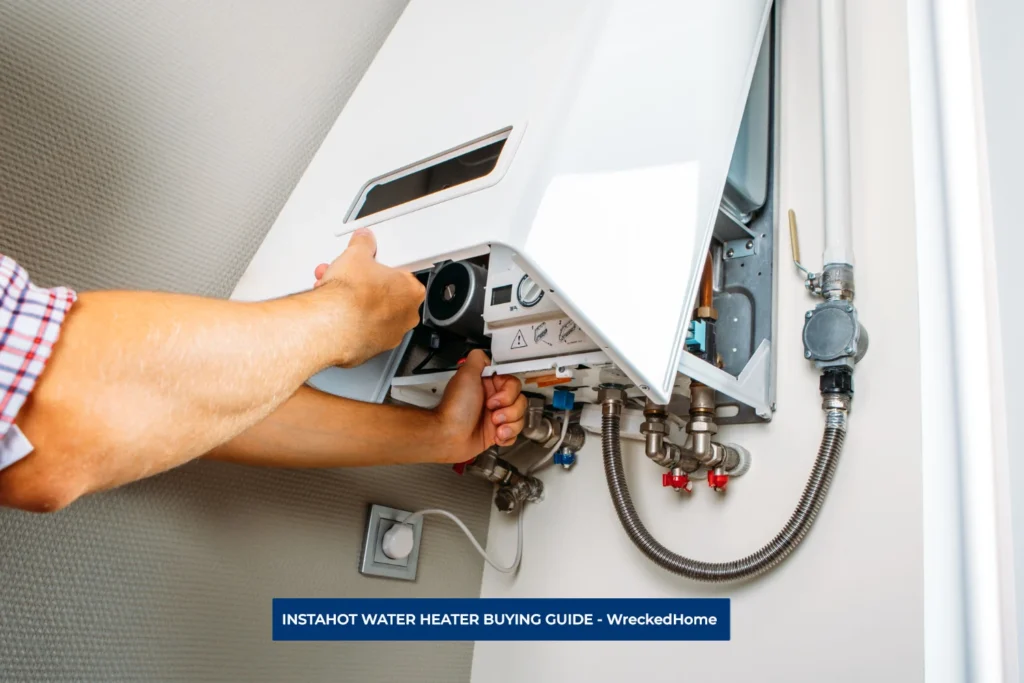
These heaters use two types of power sources, either gas or electricity to heat water. Following are the types of Instahot water heaters.
- Electric Instant Hot Water Heaters: Theseelectric heaters are best for small spaces that don’t have availability of gas. They are also prefered because they are easy to install.
- Gas Instant Hot Water Heaters: These are energy efficient and most suitable for usage for the whole house. However, they require proper venting.
- Whole-house Tankless Water Heaters: This is the best choice if you have multiple water outlets being used at one time without running out of hot water.
- Indoor Water Heaters: If you live in a location where there are harsh weather conditions, then it’s best to install an indoor water heater to avoid any damage to the unit. However, they do require piping for ventilation which can increase the initial setup cost.
- Outdoor Water Heaters: Are perfect for setting up in areas with normal weather conditions and the best part is that they don’t need any ventilation pipes. Since they still do withstand some weather conditions, so it’s important to provide proper maintenance regularly.
- Condensing Water Heaters: These heaters produce heat by taking it from the exhaust and releasing it in the venting systems. They omit the requirements of needing flue pipes, which gets quite expensive. These heaters have lower installation costs and save energy but are a bit more expensive to purchase. However, in the long run they have a lower cost.
- Non-condensing Water Heaters: These heaters heat water by using heat exchangers and vent it outdoors. Stainless steel flue pipes are needed to bear the exhaust’s heat and they are quite expensive.
- Point-of-use Tankless Water Heaters: These heaters are used to focus on a single appliance like the shower or the kitchen sink. Hence, giving hot water through just one faucet. It needs to be ensured that the device has been installed near the chosen faucet.
Factors to Consider When Buying an Instahot Water Heater
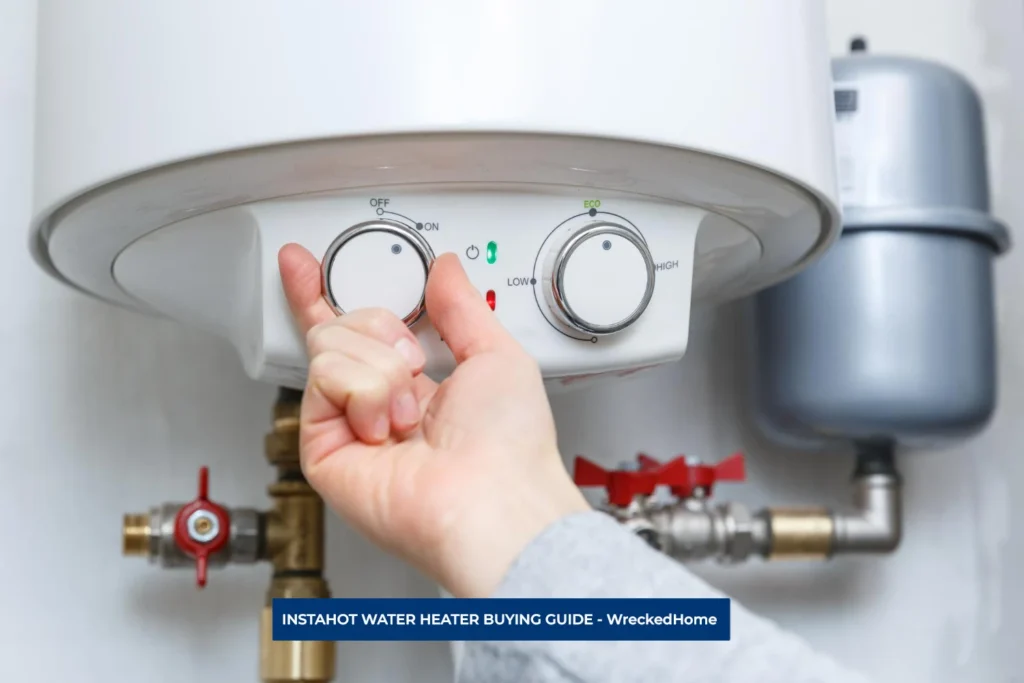
While purchasing an instahot water heater it’s important to consider a few factors. They are mentioned below:
- Hot Water Demand: Before installing ahot water heater it’s important to observe its demand in your home. This includes knowing about the number of fixtures that require water usage, the frequency of use and the flow rates. This will help you have an idea about the capacity of your required heater.
- Fuel Type: While purchasing a certainwater heater it’s essential to confirm which type of fuel is available near you and then making a choice. Each of the two types have their own advantages and disadvantages. Electric heaters do not require vents whereas gas heaters work efficiently but are a bit more expensive and require maintenance.
- Cost: Tankless water heaters have a higher cost then the conventional heater with a water storage tank. However, in the long run they do cost less.
- Size and Location: While deciding the correct size of the water heater it’s essential to determine the right one for your home. This can be done by considering how big your family is. A small heater may lead to less water being left for your family and a bigger size will get quite expensive for a smaller family.
You can either install a single larger capacity storage tank for your water heater or several point-of-use water heaters in your home. In any case choose what is more convenient for you.
- Flow Rate and Temperature Rise: It is important to consider the usage of hot water at your home and how many water devices do you use at one time. You can also install low flow water fixtures that help save up on your overall costs and wastage of water.
Efficiency and Energy Savings With Instahot Water Heaters
Here’s how instant water heaters help you save up on energy:
- Energy Efficiency: While purchasing an instant water heater it’s important that you look for models that are energy efficient. For electric heaters the electric units of the energy factor (EF) should be checked. For gas heaters the uniform energy factor (UEF) for gas units should be checked. This will help you make a decision that helps save energy.
- Energy Source: Check which source of energy is available in your area and choose accordingly.
Installation and Maintenance
Here’s how you should install and maintain your instant water heaters:
- Professional Installation: It’s important to get the instahot water heaters to be installed by the help of a professional. This will guarantee proper installation without any errors.
- Venting Requirements: Venting is essential in gas-powered instant heaters as it helps expel the byproducts through combustion. So it’s important to have a proper understanding of venting options and their installation prerequisites.
- Maintenance: It is recommended that you get your instant water heater cleaned at least once a year. However, if you live in an area that’s cold and the heater is used more often, then it’s recommended to get it serviced twice in a year. This prevents all sorts of buildup in the pipes and heat exchanger and ensures a smooth flow of water.
Visit our store for 10% off our Save Home Energy products here.
Additional Features and Technology In Instant Water Heaters
There are several additional features in instant heaters that should be checked if you have some extra requirements. They are mentioned below:
- Digital Controls: Nowadays most instant water heaters come with digital controls. They are user-friendly and help adjust temperature.
- Wi-Fi Connectivity: Some models even come with WIFI connection, this allows usage through a smartphone app or a remote control.
- Condensing Units: They are found in condensing heaters. They produce heat from the exhaust gases, this also contributes in making them more energy efficient.
- Warranty: When you purchase an instant water heater it’s essential to check for warranty. It ensures that any damage to the product will be checked and repaired by the manufacturers within a time span and free of cost.
- Lifespan: The lifespan of an instant heater is longer than a conventional tank based water heater, which is around 18-20 years.
Budget and Cost
While purchasing an instant water heater you may have a set budget. However while deciding a budget keep in mind that the initial cost of purchasing the instant water heater is higher but in the long-run it helps you save money. They also have a shorter period of payback as their energy consumption is quite low.
Popular Brands and Models
Now you have a clear idea about what features and technology to look for in an instant water heater. Therefore, you can choose which brand would work for you. Here’s a list of top 5 brands of instant water heaters to choose from:
- Rheem: This is a reliable brand of water heaters that offers a wide range of good quality instant water heaters.
- Rinnai: Is a popular brand in the world of water heaters. They produce a variety of instant/tankless water heaters, so you can choose according to your preference.
- EcoSmart: Is a brand that provides a great variety of water heaters for smaller houses which are also energy efficient.
- Stiebel Eltron: Is a renowned brand that offers water heaters made using up to the mark technology.
- Bosch: Are popular for the wide range of electronic devices that they produce. One of them is water heaters for residential use.
Conclusion
Using an instahot water heater can make life very simple, by providing hot water in a matter of a click. They provide a limitless supply of hot water while being both cost-effective and energy efficient at the same time.
By considering all the factors you read in this article, you can make a great choice of which heater will be the most suitable for your home.
You can always log on to our website for articles on helpful topics related to home improvement, buying guides and product reviews.
For any repairs, installations, builds, or questions; We recommend you to hire a professional. Find A Pro Near You Here!
Frequently Asked Questions FAQS
What is an instant hot water heater used for?
An instant/tankless hot water heater is an appliance that heats water. It does that instantly as the water flows through it without requiring a storage tank.
What are the advantages of using an instant hot water heater?
Advantages of an instant water heater are that it provides limitless hot water, is energy efficient, saves space and has a longer lifespan than a storage based water heater.
How does an instant hot water heater work, whether gas or electric?
Instant water heaters are available in two types, either gas or electric. For gas heaters the gas burners provide heat and for electric, an electric element is used. The water then flows through the heat exchanger, providing a non stop flow of hot water.
What factors should be considered while purchasing an instant hot water heater?
Some important factors are the usage of hot water in your household, location, fuel type, maintenance, budget, flow rate and energy efficiency.


